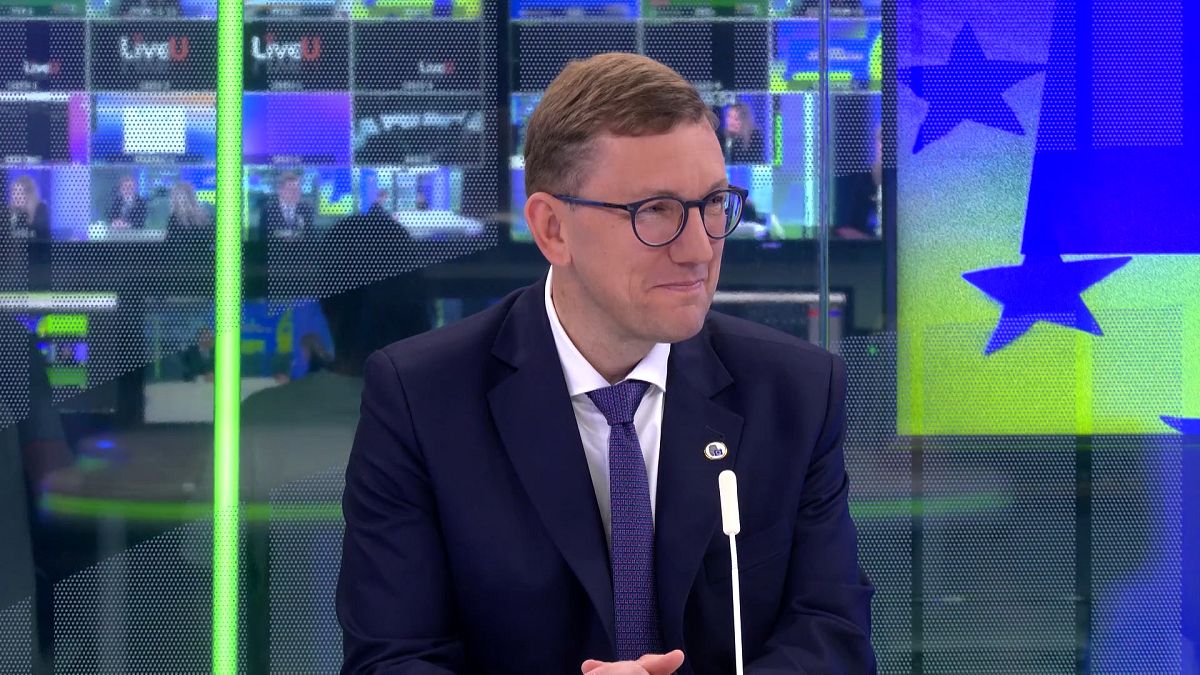

In recent days, the world has witnessed a series of impactful events across various conflict zones, each with significant implications for global stability. This report delves into the developments in Russia, Ukraine, and Gaza, providing a much-needed context to understand the complexities on the ground.
Firstly, in Eastern Europe, Estonia’s Prime Minister Kristen Michal has articulated a poignant opinion regarding the ongoing tensions involving Russia and Ukraine. In an interview, he stated that Russian President Vladimir Putin may require the continuation of the conflict to maintain his foothold on power. This perspective sheds light on the intricate dynamics that persist in the region, suggesting that the resolution of the conflict could present internal challenges for the Russian leader.
Simultaneously, troubling news comes from Southern Ukraine, where a Russian drone strike recently targeted the city of Odesa. The incident resulted in injuries to five individuals, including two children, highlighting the unfortunately persistent nature of military threats in this region. The use of drone technology in warfare continues to pose significant challenges to ensuring civilian safety and maintaining peace efforts.
In a related development, a high-ranking official within the Russian military structure has been confirmed deceased. Major General Mikhail Gudkov, Deputy Commander of the Russian Navy, was reportedly killed in an airstrike conducted by Ukraine in the Kursk region. This event marks a significant moment within the ongoing conflict, as the targeting of military figures reflects the continued strategic maneuvers employed by Ukraine in its defense efforts.
Meanwhile, in the Middle East, the situation in Gaza remains dire. Recent reports confirm that Israeli airstrikes have resulted in the tragic loss of at least 94 Palestinian lives. Most of these casualties occurred as civilians were attempting to access much-needed humanitarian aid. Among the dead was Marwan al-Sultan, a noted cardiologist, whose loss is felt deeply within the community he served. The spike in violence comes as Israel prepares for potential ceasefire discussions, indicating a complex and delicate path forward in pursuing peace.
The surge in military actions in Gaza underscores the fragile state of the region. The escalation, described as one of the most intense in recent months, has engulfed the area in turmoil. This climate of uncertainty underscores the urgency for diplomatic efforts aimed at achieving a sustainable ceasefire and reducing civilian suffering.
In summary, the current state of global conflicts involves interconnected dynamics that demand nuanced understanding and collaboration among international stakeholders. Each development in these regions contributes to the broader narrative of geopolitical challenges, yet there remains hope that through mindful dialogue and commitment to peace, resolutions can be found that respect sovereignty and prioritize humanity.
As these situations continue to evolve, the global community watches closely, advocating for peace, safety, and the unwavering support for those most affected by these conflicts.
Source: {link}
